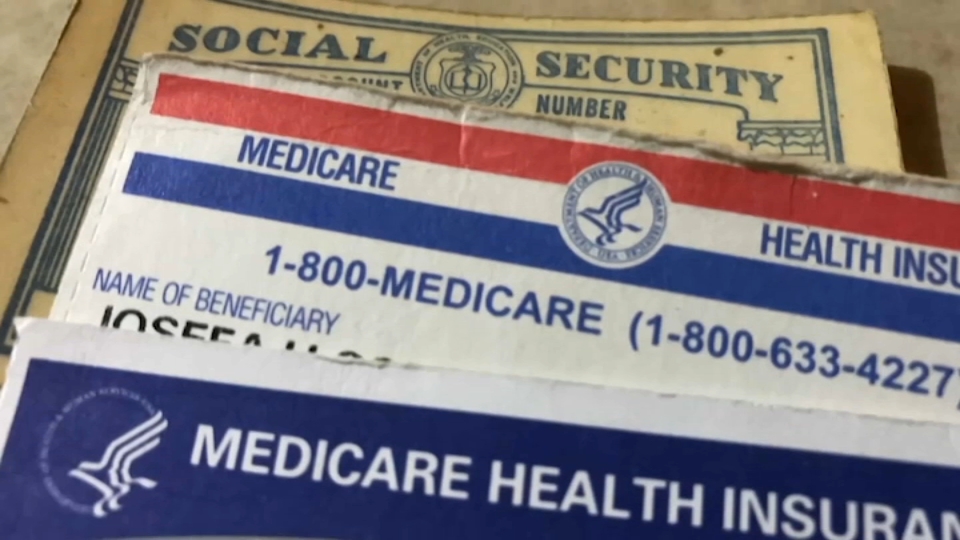Holiday time means busy airports and racking up those airline miles, but those hard-earned rewards can be a target for thieves.
A Texas man was a victim of one of those thieves and reached out to our sister station NBC5 for help.
WATCH ANYTIME FOR FREE
Stream NBC10 Boston news for free, 24/7, wherever you are. |
While working in Dallas, Ron Harris said he received an email notification about 14,000 miles redeemed for an upcoming trip. Harris said he wasn’t the one redeeming them.
“I was like, OK, I'm getting on the phone and calling,” Harris said.
Get updates on what's happening in Boston to your inbox. Sign up for our News Headlines newsletter.
Harris said he learned he couldn’t get the miles back.
“Knowing it wasn't something I had done and taking that as a loss, it didn't sit well with me. I wanted to get something done about it,” said Harris.
Harris reached out to our NBC Responds team in Dallas for help.
Consumer
Responding to your consumer needs and connecting you to your money.
A day later, Harris said the airline reached out, asking him to submit a police report. Then, the airline credited the miles back to Harris’ account. The rep also helped Harris change his account number and password.
In an emailed statement American Airlines said, “Our team conducted an investigation and determined that the redemption of miles in this case was most likely fraudulent activity. We have since replenished the customer’s miles balance in a new account. We encourage customers who suspect fraud to reach out to our Customer Relations department.”
GUARD YOUR REWARDS
“Under most circumstances, airlines will hopefully be able to get them back to you. It's really going to depend on the situation. That's why it's really important to be proactive rather than reactive,” said Nick Ewen, director of content for The Points Guy.
Ewen explains miles or any loyalty rewards could be targeted by a thief.
“Whether you're using your airline miles for a flight, your hotel points for a hotel room or even your credit card points for gift cards, they can truly translate into value. That's what some of these fraudsters are going after,” Ewen said.
Protect loyalty account information the same way you’d protect a bank account, taking steps that include keeping your frequent flyer or loyalty account number private.
Use strong passwords and two-factor authentication if it’s offered.
Monitor your accounts by logging in regularly. Also, enable email notifications so you’re aware of any points redeemed. If you suspect fraud, report it quickly.
“In many cases, they're hoping that you're not checking your accounts, you don't have your emails enabled and you may not even know that they're gone until you go and look to use them,” said Ewen. “By then, it may be too late.”
Don’t use the same password for different accounts. If one is accessed by a stranger, that means other accounts are at risk.
Be aware of phishing schemes that trick consumers into providing account information. Read what the FTC says about spotting a phishing attack here.
If you have a consumer problem, contact NBC10 Boston Responds by filling out our online consumer complaint form. We will get back to you!



